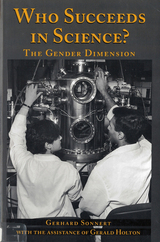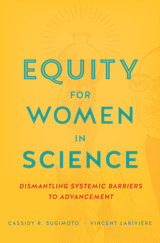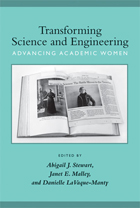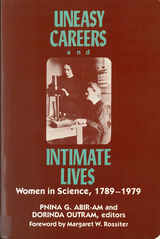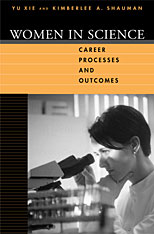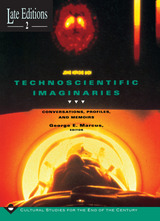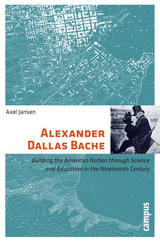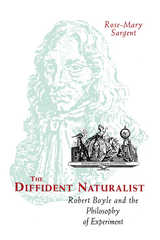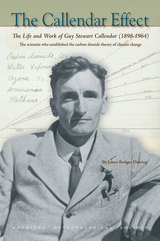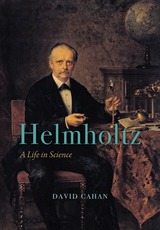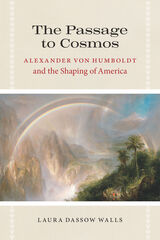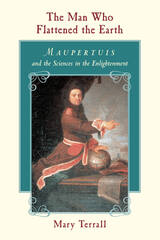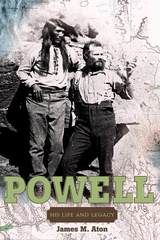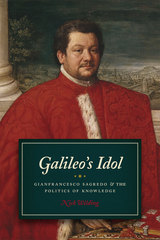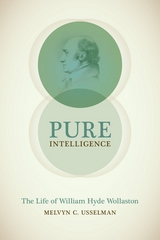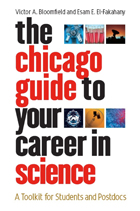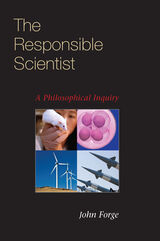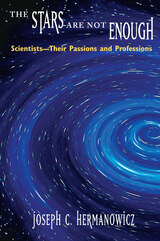Cloth: 978-0-674-01892-1
Library of Congress Classification Q143.L36H35313 2005
Dewey Decimal Classification 509.2
Often referred to as the Newton of France, Pierre Simon Laplace has been called the greatest scientist of the late eighteenth and early nineteenth centuries. He affirmed the stability of the solar system and offered a powerful hypothesis about its origins. A skillful mathematician and popular philosopher, Laplace also did pioneering work on probability theory, in devising a method of inverse probabilities associated with his classic formulation of physical determinism in the universe. With Lavoisier and several younger disciples, he also made decisive advances in chemistry and mathematical physics.
Roger Hahn, who has devoted years to researching Laplace's life, has compiled a rich archive of his scientific correspondence. In this compact biography, also based in part on unpublished private papers, Hahn follows Laplace's journey from would-be priest in the provinces to Parisian academician, popularizer of science during the French Revolution, religious skeptic, and supporter of Napoleon. By the end of his life, Laplace had become a well-rewarded dean of French science.
In this first full-length biography, Hahn illuminates the man in his historical setting. Elegantly written, Pierre Simon Laplace reflects a lifetime of thinking and research by a distinguished historian of science on the fortunes of a singularly important figure in the annals of Enlightenment science.
See other books on: Celestial mechanics | Mathematicians | Physicists | Science & Technology | Scientists
See other titles from Harvard University Press

